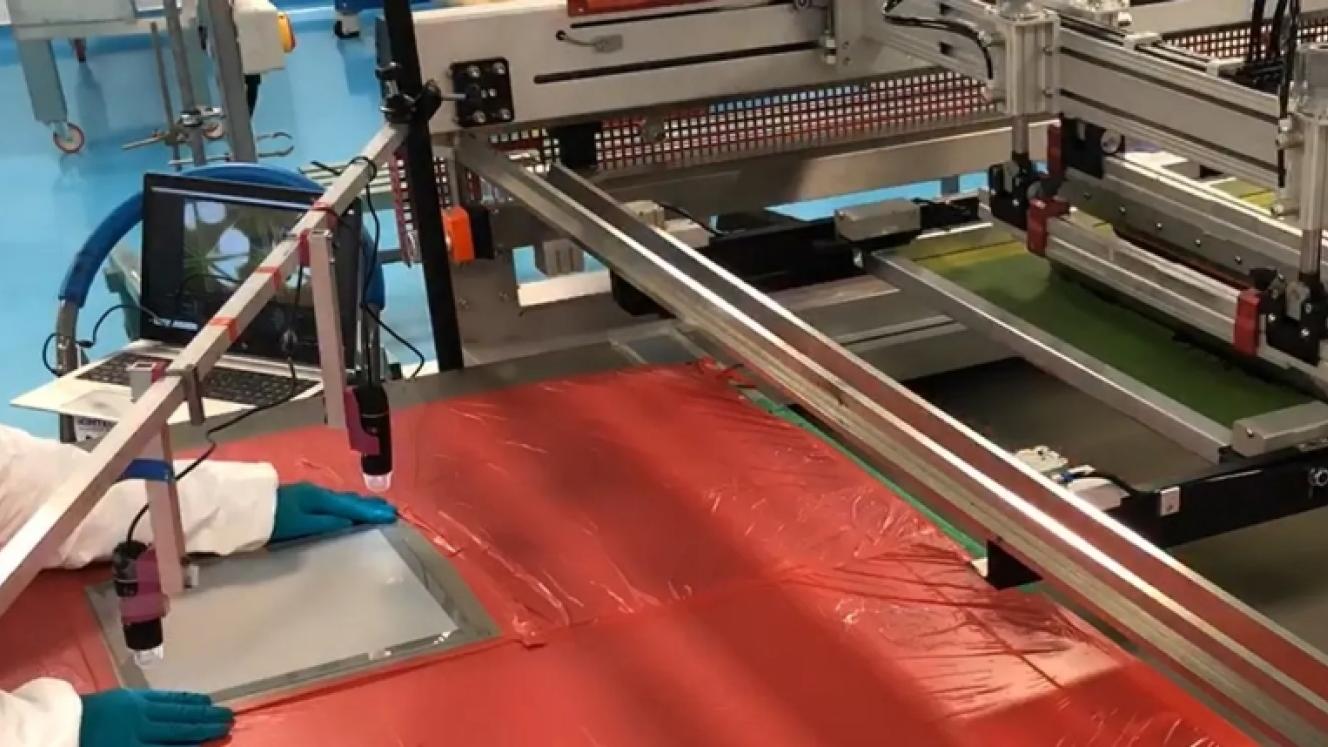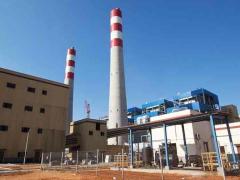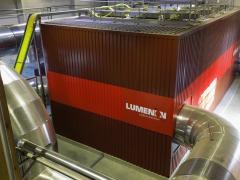A R69 million (£3 million) initiative led by Swansea University in the UK aims to establish the first full-scale demonstration of perovskite solar module (PSM) manufacturing in Africa. The initiative seeks to address energy access challenges by focusing on local production.
The project, titled “Resilient Renewable Energy Access Through Community-Driven Holistic Development in Perovskite Solar Module Manufacturing (REACH-PSM)” is funded by the UK Research and Innovation Ayrton Challenge Programme – an initiative that involves collaboration with universities, businesses and local communities in South Africa as well as Nigeria, Rwanda and Kenya.
The initiative aims to develop efficient PSM technology and address end-of-life processes to minimise waste. Perovskite modules can be produced locally using sustainable materials and methods, requiring less energy and fewer resources than conventional solar technologies. The project incorporates manufacturing processes designed to facilitate material reuse, refurbishment and recycling – aligning with circular economy principles.
“By developing perovskite modules that are efficient, locally produced and designed for efficient end-of-life processes, we aim to empower communities, strengthen supply chains and help usher in a more equitable, low-carbon energy future,” says Professor Matthew Davies, the project’s Principal Investigator.
Perovskite solar cells, which are nearing commercialisation, offer advantages such as lower production costs and reduced energy inputs, Davies says. Their flexibility and adaptability make them well-suited to regions with growing energy demands and limited electricity access.













